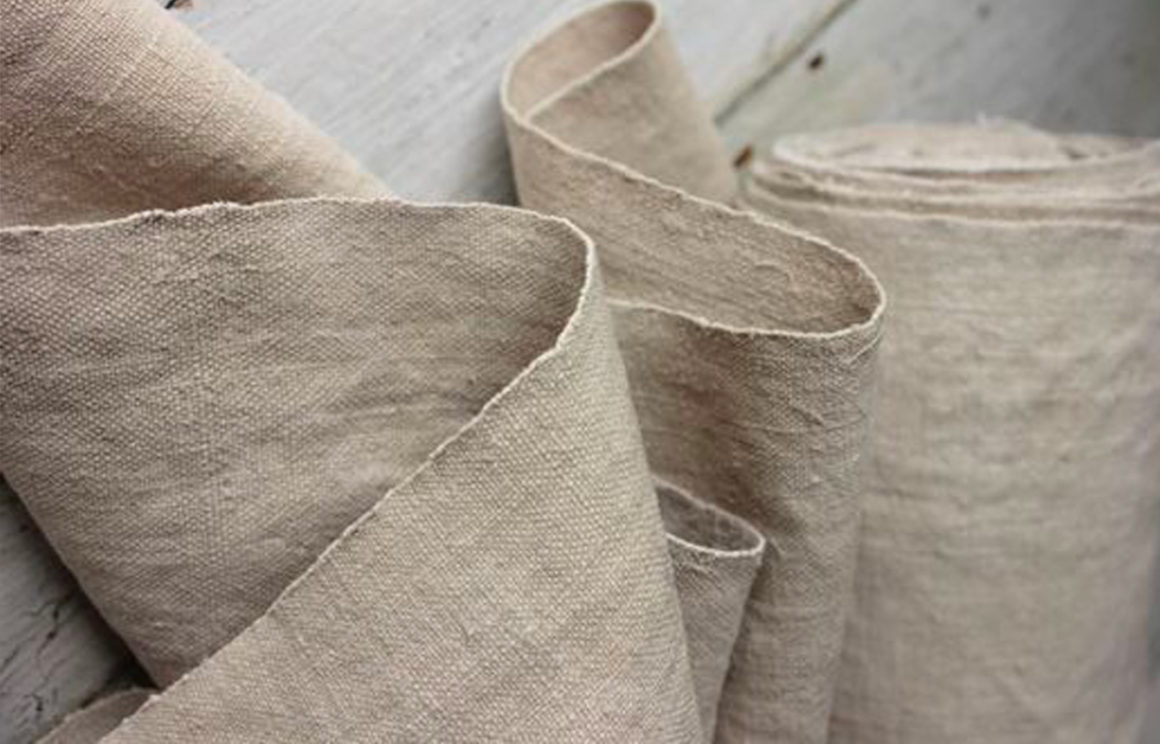
Image Source- Google
In today's world, the importance of sustainability and eco-friendliness cannot be overstated. As the fashion industry continues to make strides towards a more sustainable future, one key aspect that has come into focus is the production of fabrics. Reputable sustainable fabric manufacturers play a crucial role in providing environmentally-friendly alternatives to the conventional materials used in clothing production. Let's take a closer look at some of the top sustainable fabric manufacturers making waves in the industry.
1. Innovations in Sustainable Fabric Manufacturing
The Rise of Sustainable Fabrics
With the growing demand for eco-friendly products, sustainable fabrics have been gaining popularity in the fashion industry. These fabrics are made from materials that have a lower impact on the environment compared to traditional fabrics like cotton or polyester.
Key Players in Sustainable Fabric Manufacturing
- Lenzing: Lenzing is a leading sustainable fabric manufacturer known for their TENCEL™ brand of fibers made from wood pulp sourced from responsibly managed forests.
- Patagonia: A well-known outdoor apparel brand, Patagonia is committed to using sustainable materials in their products, including recycled polyester and organic cotton.
- Recycled Polyester: Several manufacturers specialize in producing fabrics made from recycled polyester, which helps reduce carbon emissions and waste in landfills.
2. Sustainable Fabric Options
Organic Cotton
Organic cotton is produced without the use of synthetic fertilizers or pesticides, making it a more sustainable alternative to conventional cotton. It is grown using methods that have a lower impact on the environment and the health of farmers.
Bamboo Fiber
Bamboo fiber is derived from bamboo plants, which are fast-growing and require minimal water and pesticides to thrive. Bamboo fabric is soft, breathable, and biodegradable, making it a popular choice for eco-conscious consumers.
Recycled Fabrics
Recycled fabrics are made from post-consumer waste, such as plastic bottles or textile scraps. By repurposing existing materials, these fabrics help reduce the amount of waste sent to landfills and lessen the demand for virgin resources.
3. Impact of Sustainable Fabric Manufacturing
Environmental Benefits
- Reduces carbon footprint: Sustainable fabrics often require less energy and water to produce, leading to lower carbon emissions.
- Protects natural resources: By using materials like organic cotton and bamboo, sustainable fabric manufacturers help preserve water and soil quality.
- Minimizes waste: Recycling materials for fabric production helps reduce the amount of textile waste that ends up in landfills.
Social Responsibility
- Supports ethical practices: Sustainable fabric manufacturers prioritize fair labor practices and safe working conditions for workers in their supply chains.
- Empowers local communities: By sourcing materials responsibly, these manufacturers contribute to the economic development of communities where their production facilities are located.
4. Future Trends in Sustainable Fabric Manufacturing
Innovative Materials
With advancements in technology, sustainable fabric manufacturers are continuously exploring new materials and production methods to further reduce their environmental impact. From bio-based fibers to plant-based dyes, the future of sustainable fabrics looks promising.
Circular Fashion
The concept of circular fashion involves designing products with a focus on extending their lifespan and promoting recycling and upcycling. Sustainable fabric manufacturers are embracing this approach by creating fabrics that can be easily recycled or biodegraded at the end of their life cycle.
Collaborations and Partnerships
Collaborations between sustainable fabric manufacturers, fashion brands, and other stakeholders in the industry are key to driving positive change and accelerating the adoption of sustainable practices. By working together, these entities can have a greater impact on the fashion industry as a whole.
As consumers become more conscious of the environmental and social impact of their purchasing decisions, the demand for sustainable fabrics is expected to continue rising. Sustainable fabric manufacturers play a vital role in meeting this demand and driving the eco-friendly revolution in the fashion industry.
